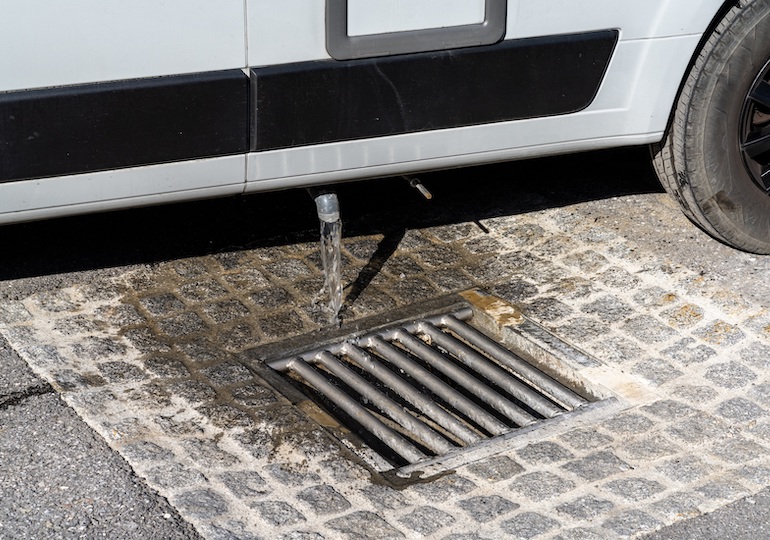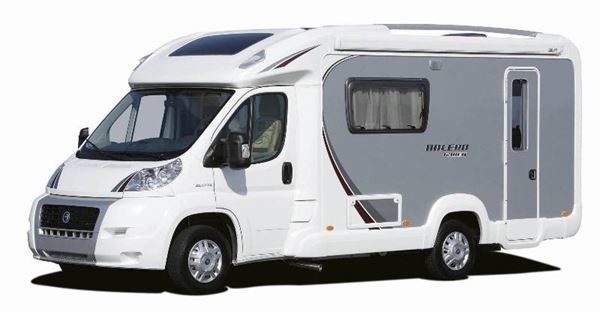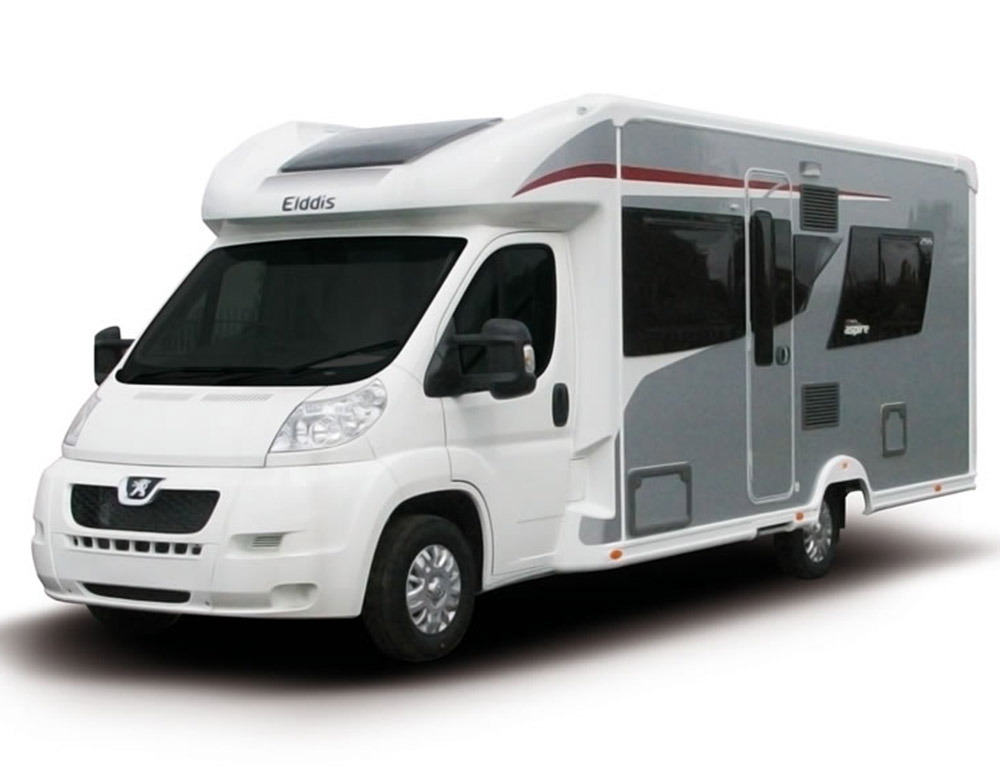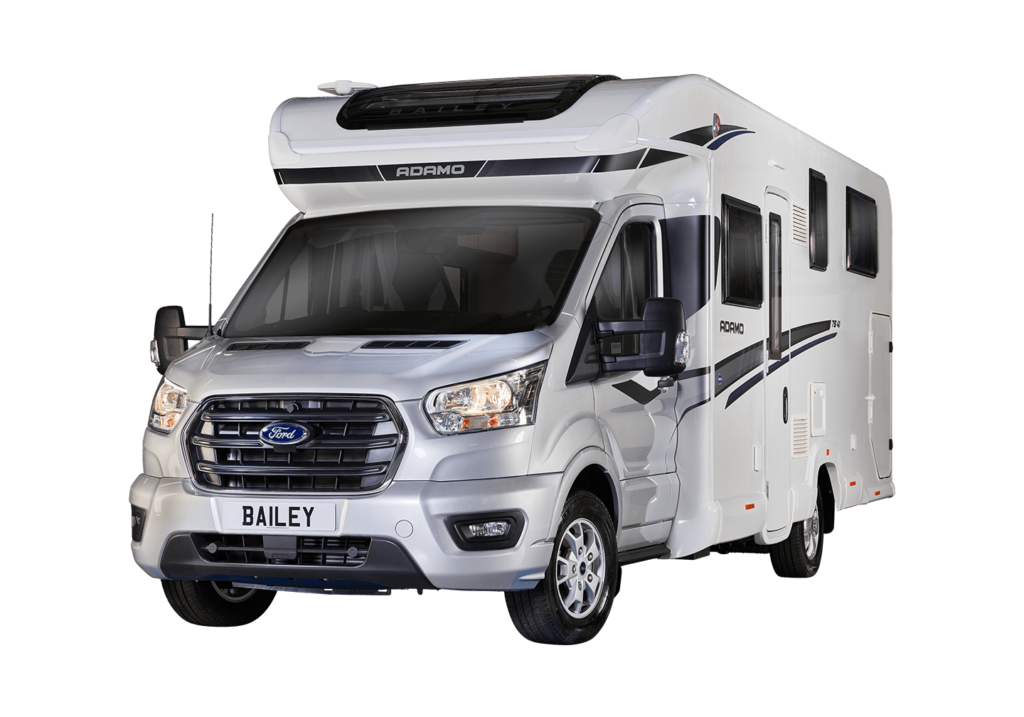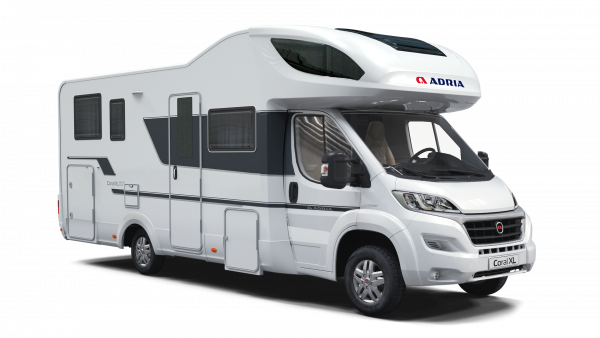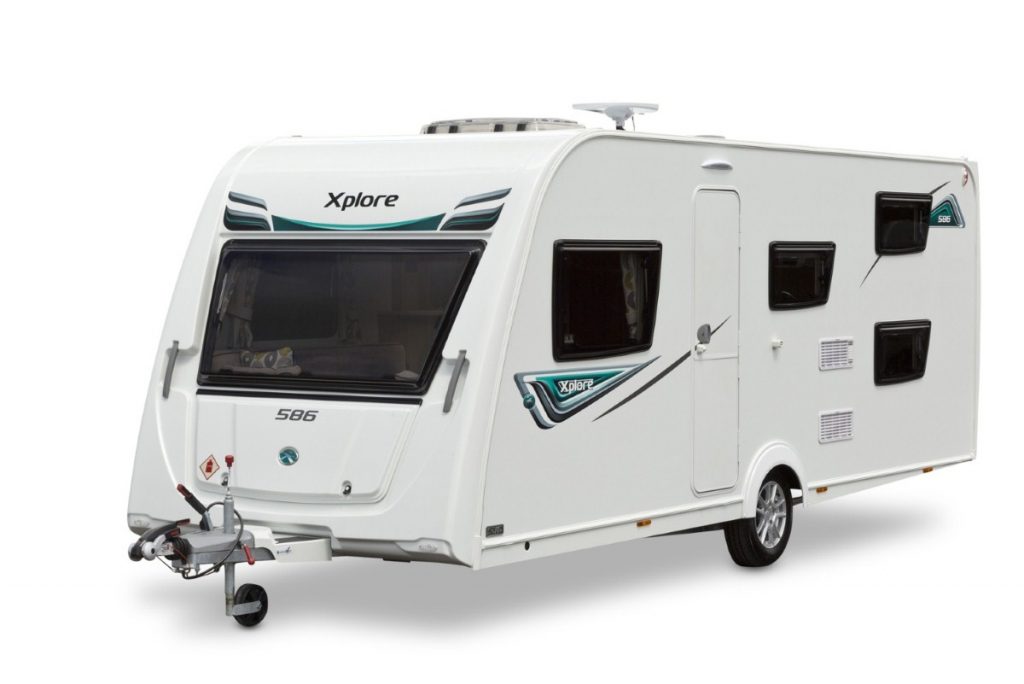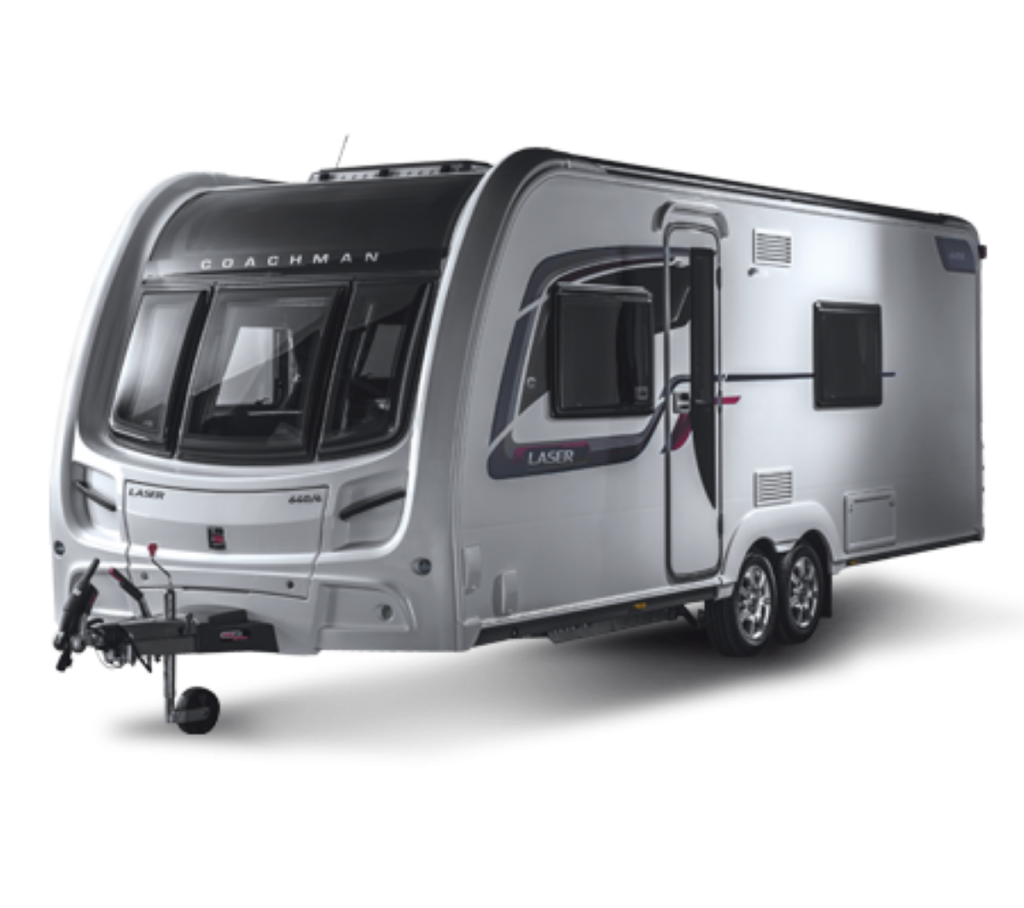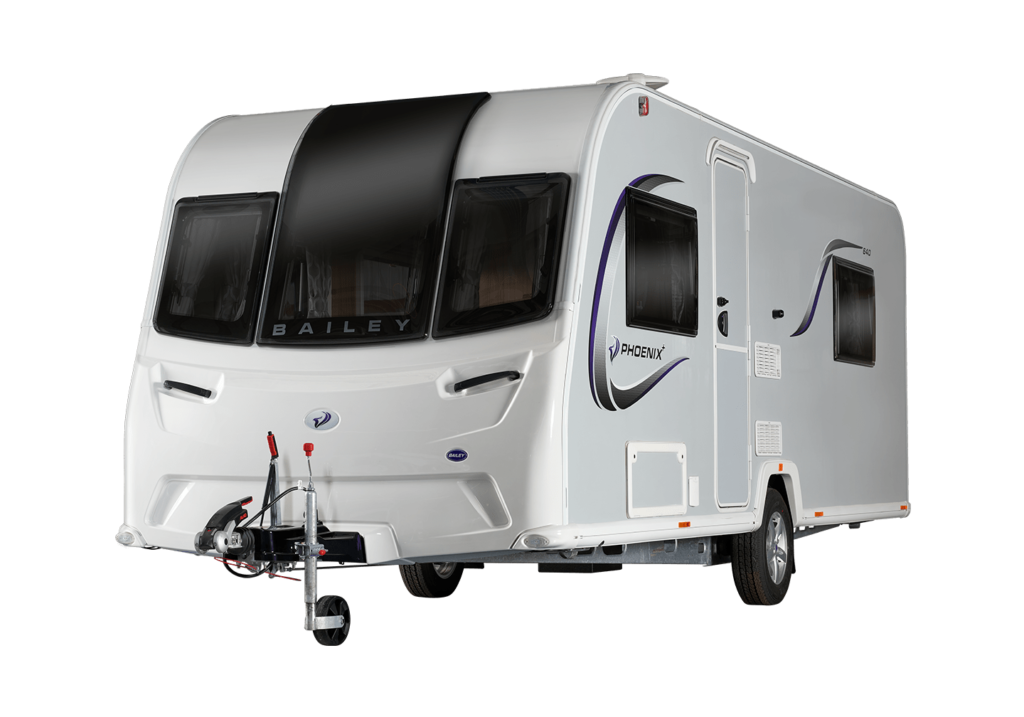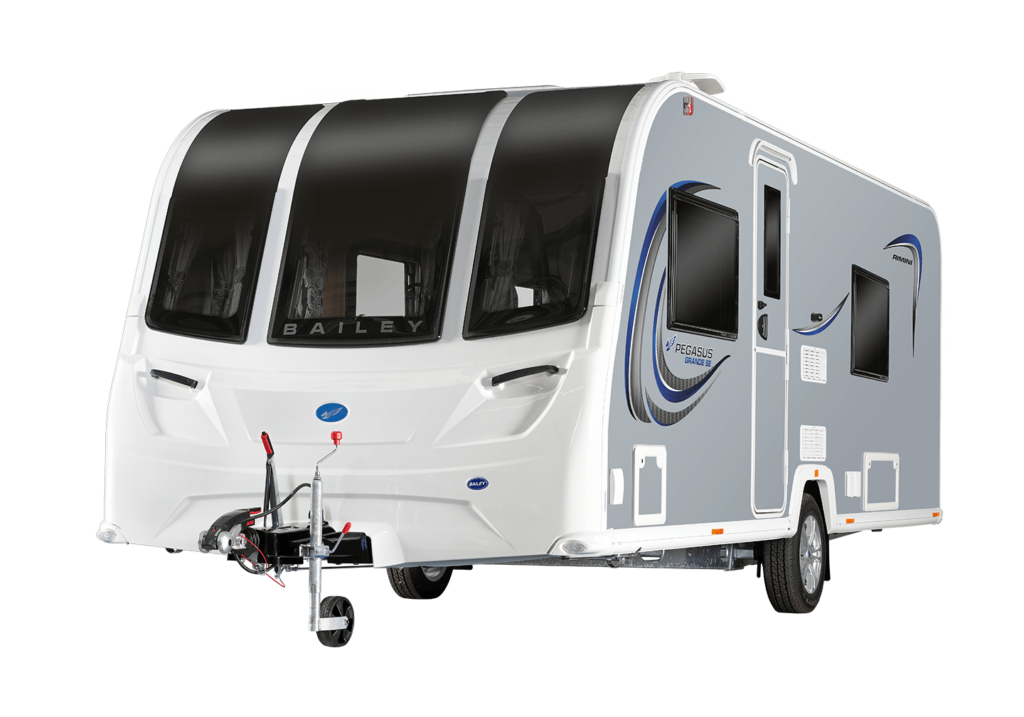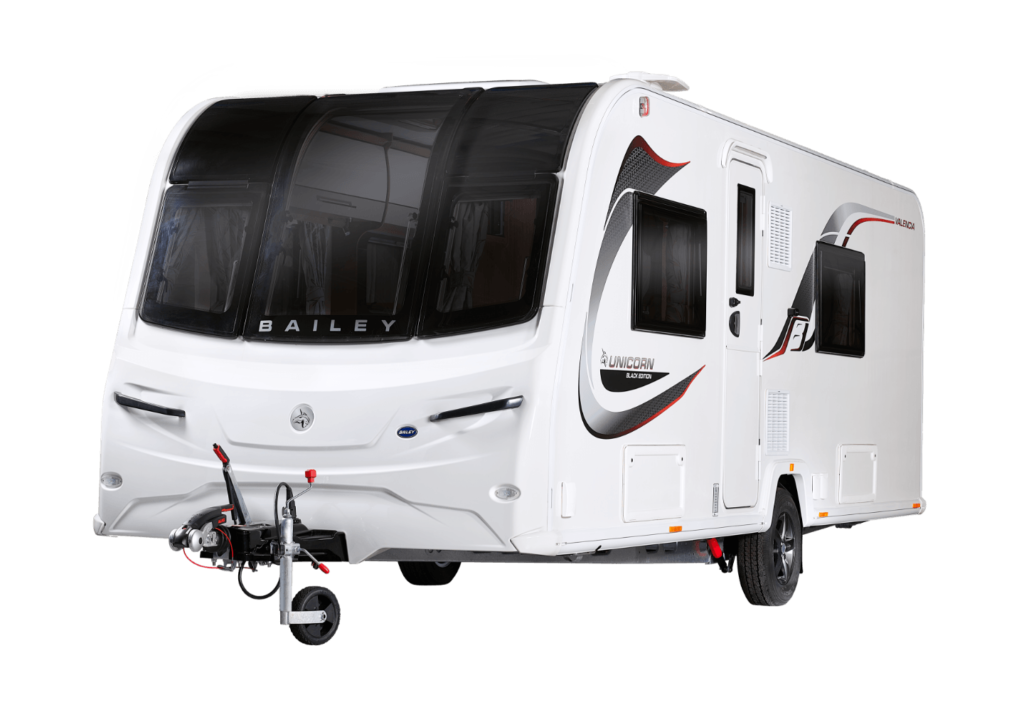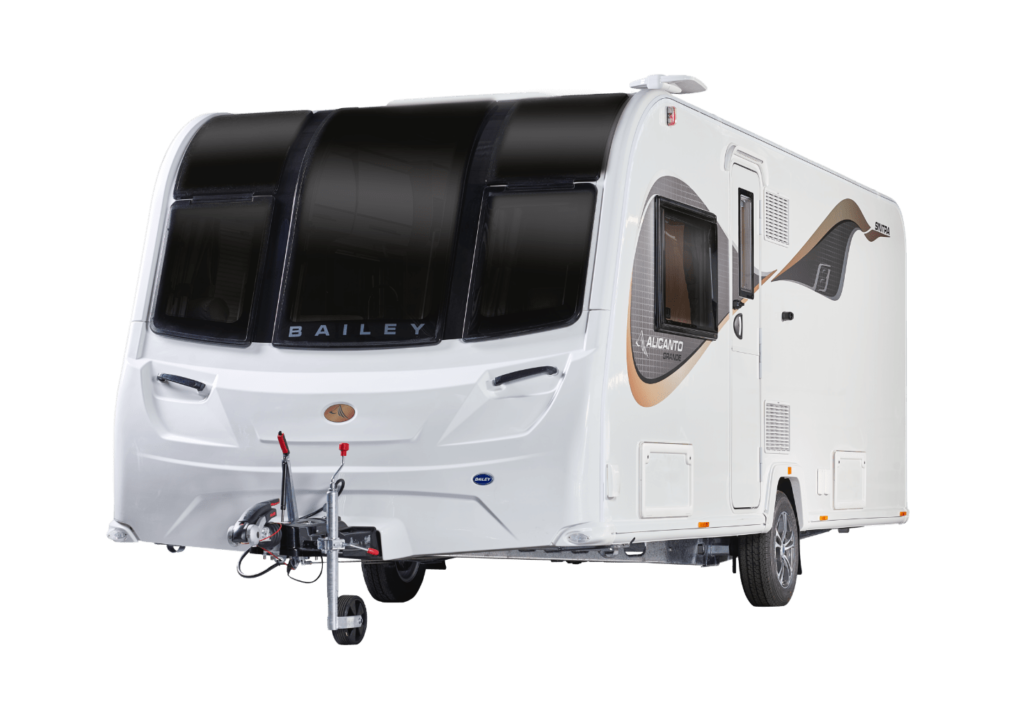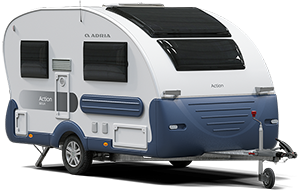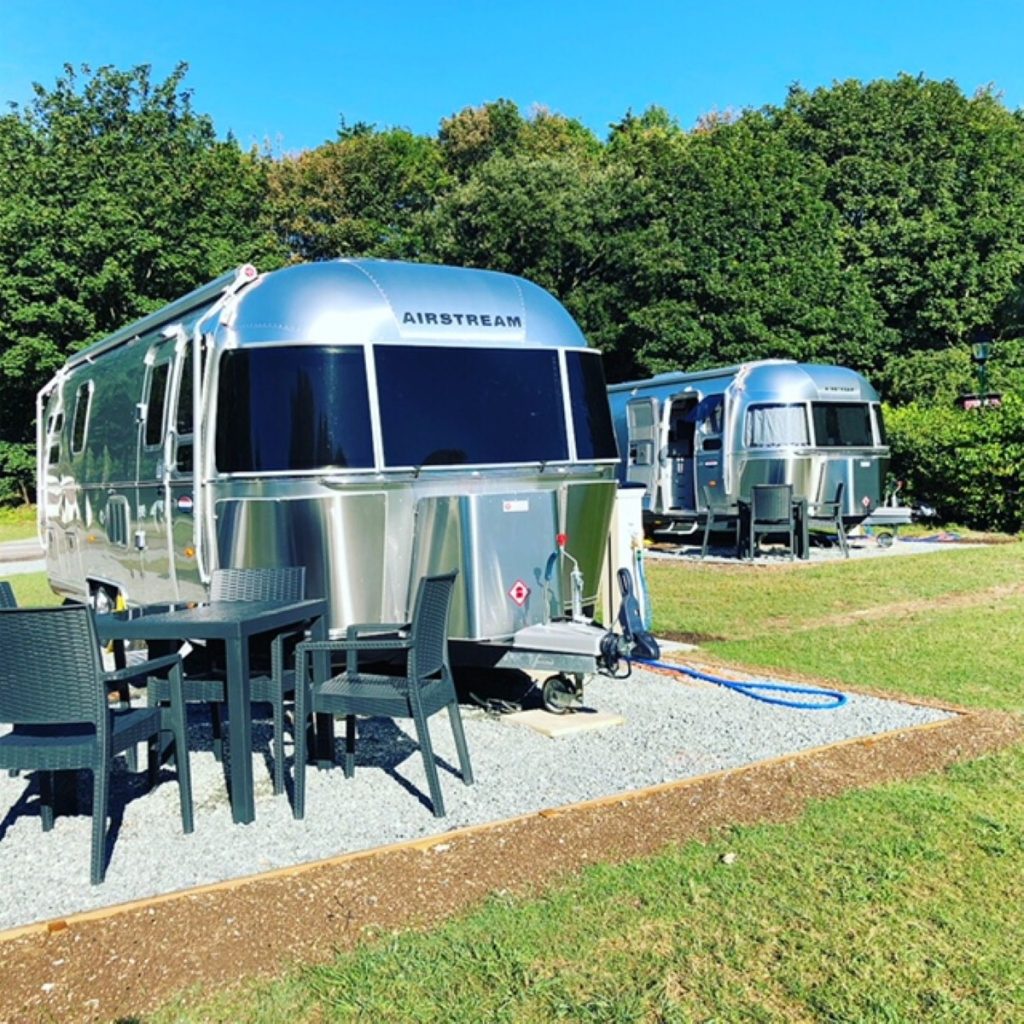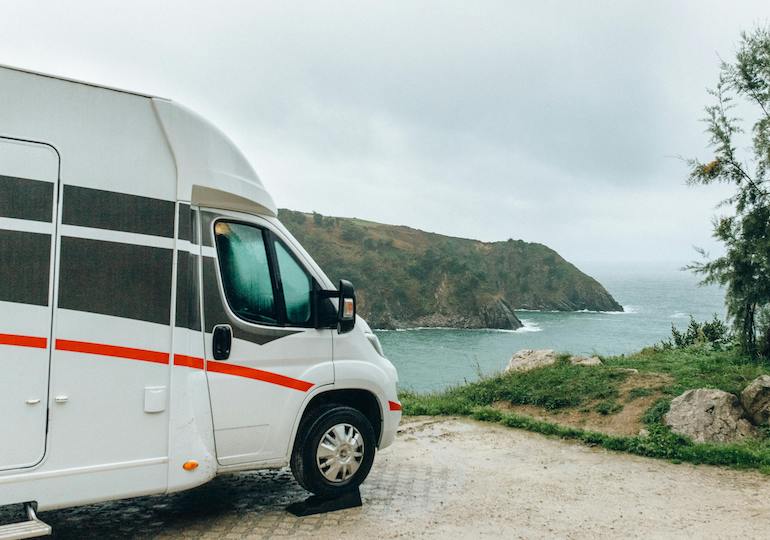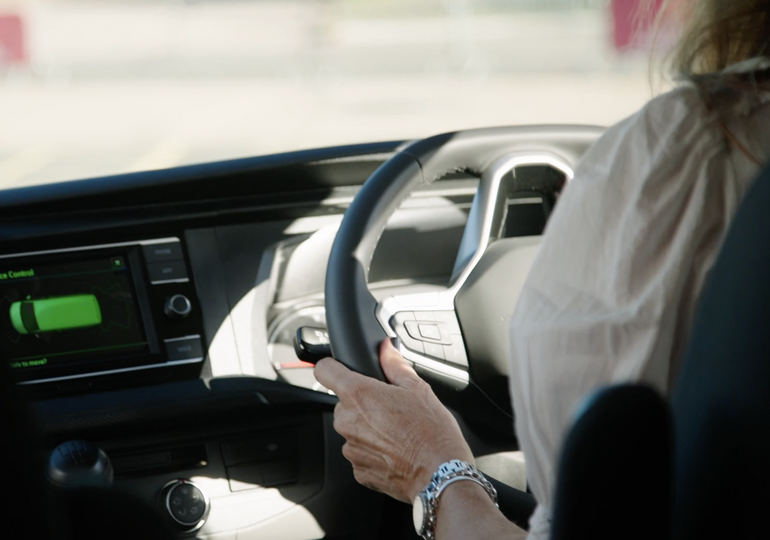Although Spring is just around the corner, we’re not quite out of the icy clutches of winter just yet. If you’re planning a getaway in your caravan or motorhome in the coming months, it’s important to be aware of vehicle issues caused by cold weather.
Fortunately, Graham Conway, Managing Director at Select Car Leasing, has shared his top problems and solutions to be aware of when touring during the winter months, giving you one less thing to worry about.
Your EV isn’t functioning properly
Colder temperatures can impact your electric vehicle’s (EV) performance. The chemical reactions that occur inside a battery’s cells often slow down when the level of mercury drops. This can cause maximum ranges to dip and charging times to increase. Fortunately, most EVs nowadays allow you to “preheat” the vehicle’s interior from afar using an app. This means it will be nice and warm when you get in.
Solution: If you own an EV, make sure you’re prepared with enough charge for your journey. Or plan some time for a pit stop for a speedy recharge.
Deflated tyres
When temperatures drop the air in your tyres will get colder, causing them to contract and the level of pressure to decrease. When this happens, they can become deflated, which can be extremely dangerous.
Solution: During winter months, be sure to check your tyre pressure regularly and that they meet the requirements to drive safely. Although some people think that slight deflation results in better traction, tyre experts warn that running them below the manufacturer’s recommended pressure can cause unsafe tread wear. You may also consider using winter tyres which provide better grip on icy roads.
Dead battery
Just like EVs, standard car batteries can also be affected by cold weather. If your car doesn’t start when you fire it up on a chilly morning, the most likely problem is a dead battery.
Solution: Luckily, there’s an easy way to fix this by giving the car a jump start. However, if the battery is completely dead you will need a replacement battery. Fortunately, these aren’t too expensive compared to most car parts so having to do this won’t deplete your holiday budget. To avoid a dead battery, make sure you change your car battery every three years and that the other components involved are tight and free of corrosion.
Thick frozen oil
Colder temperatures cause oil in vehicles to become thicker. When the temperature goes below freezing, vehicle oil can be so thick that it can’t be circulated.
Solution: Change your oil to a low-viscosity kind when winter arrives. This provides better startup performance and flow rate compared to standard motor oil.
Frozen windscreen wipers
When conditions have been cold and icy, particularly overnight, windscreen wipers can become frozen to your windscreen. If you try to pry the blades away you risk causing irreparable damage, in which case you’d need to replace them.
Solution: Try lifting the blades away from the windscreen when you park up for the day or use a de-icer to prevent the screen from freezing up.
Image: Jantine Doornbos / Unsplash







